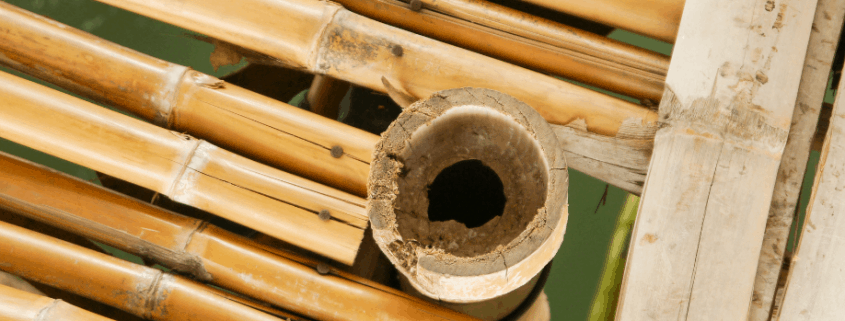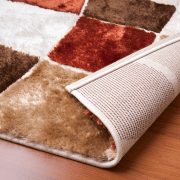A Closer look at Bamboo flooring Pros and Cons
Bamboo Flooring Pros and Cons are necessary to discuss because they have grown in tremendous popularity in recent years. Bamboo flooring offers a stylish, exotic look while remaining affordable, making it a popular flooring option for many people. However, Before installation, it is critical to understand Bamboo Flooring Pros and Cons for any type of flooring to ensure that it is appropriate for your lifestyle.
Pros
-
Maintenance
low-maintenance is needed for Bamboo flooring and it can be cleaned with a mop and a mild soap bar. It also does not demand any specific treatment.
This is a huge advantage, especially for homeowners who have experienced a lot. Clean your floors once a week with a hardwood floor cleaner and warm water. If there is too much water on the bamboo, it can buckle.
-
Eco-proof
Bamboo is popular among environmentally aware customers since it is a completely renewable resource. Unlike the hardwood lumber business, where trees can take decades to mature, bamboo stalks grow so quickly that harvesting procedures pose a little environmental risk. Furthermore, bamboo stalks that are chopped simply regenerate and replenish themselves, allowing them to be harvested again.
-
Durability
Bamboo flooring of the highest quality is extremely dense and durable, even harder than some hardwoods. As a result, it’s extremely long-lasting, structurally stable, and tough, with the right care and maintenance, it might survive as long as fifty years. It is also termite-proof. It is expected to endure up to twenty-five years with normal family wear and tear.
Cons
-
Health hazards
urea-formaldehyde is found on low-quality bamboo floors. If you’re going to use adhesive or glue to install your flooring, make sure you read the label first. Many people suffer from urea-formaldehyde toxicity.
Check that the bamboo you buy has been examined by thirty third-party laboratories to reduce the risk of purchasing less harmful items. As a result, the best bamboo flooring is VOC- and formaldehyde-free.
-
Prone To Water Damage
While keeping an eye on Bamboo flooring Pros and Cons you must know that Too much water might damage your flooring to distort and leave ugly patches. Bacteria and mold can form between the boards of water-damaged flooring over time.
As a result, bamboo is best used in your home’s drier sections. It’s not a good idea to use it in the kitchen or the bathroom. Even if your flooring has a protective covering, it’s best to clean with caution and promptly mop up spills.
-
Susceptible to Scratches
Lower-quality bamboo is prone to dents and scratches. Thus no form of bamboo flooring can be kept smooth if used frequently. Furniture, dogs, and even pointy-heeled shoes, as well as sand and other small particles from ordinary life, can damage the surface of bamboo floors over time.
Conclusion
If you want something that stands out from the crowd, are seeking a budget-friendly alternative, or want to be ecologically conscious, bamboo flooring has it all. You should be able to choose a suitable type of bamboo flooring for your house or office based on the above-mentioned information of Bamboo flooring Pros and Cons. For the installation of bamboo flooring feel free to contact https://jamconceptremodel.com/





Leave a Reply
Want to join the discussion?Feel free to contribute!